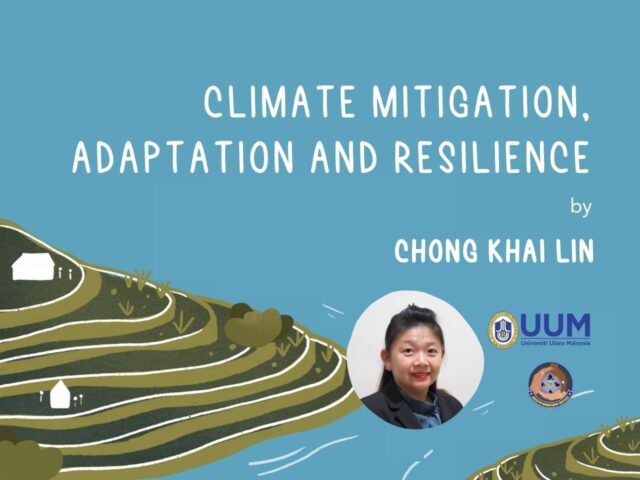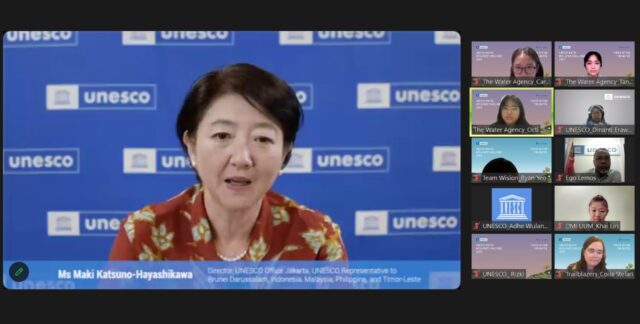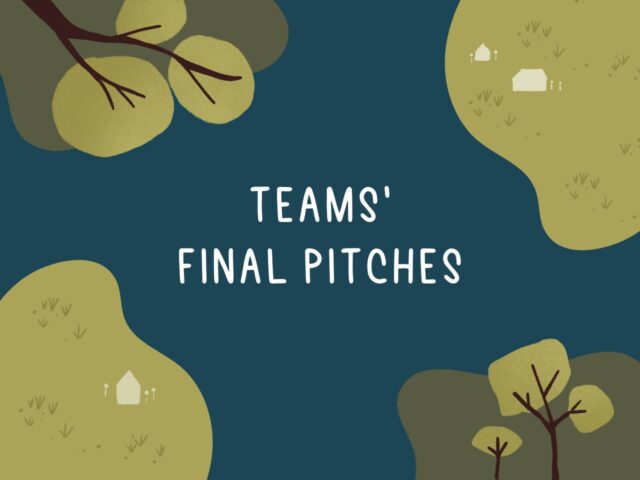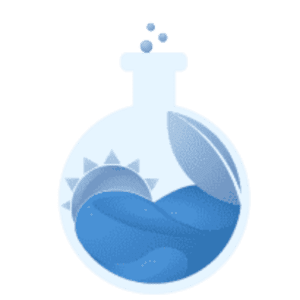Nowadays, addressing global warming and climate change stands as an important task for humanity. These issues significantly affect both the environment and civilization. During this training session, Ms. Chong Kai Lin will share her knowledge on the subject of “Climate Mitigation, Adaptation, and Resilience” on January 19, 2024. Let’s examine this session together now.
The session covered the basics of climate, questioning its reality and delving into global warming as a form of climate change. The greenhouse effect, created by carbon emissions, and the role of greenhouse gases were explained, with a focus on human impact. Data on temperature changes and their disastrous consequences, such as water crises, were presented. The urgency of addressing climate change through mitigation, adaptation, and resilience was emphasized, referencing the 1990 UN efforts to slow down global warming.
The presentation outlined the diverse impacts of climate change on humans, health, agriculture, and natural areas, predicting potential conflicts. While acknowledging that climate change cannot be entirely stopped, Ms. Khai Lin discussed available choices for mitigation, adaptation, and resilience. The connection between nature and humans was presented with cases from UNESCO-designated sites. In conclusion, emphasizing the importance of planting to lessen the impacts of climate change, the presentation offered examples of mitigation and adaptation in these areas, addressing challenges related to water and climate.
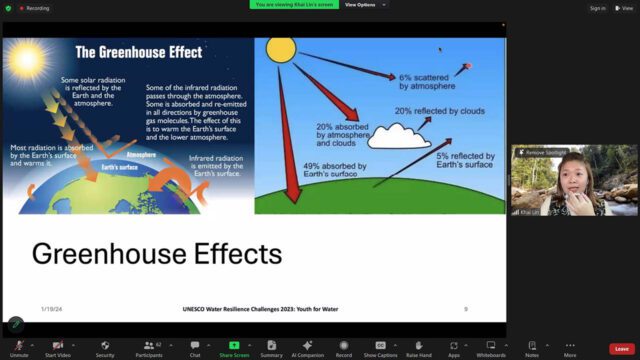

About the speaker
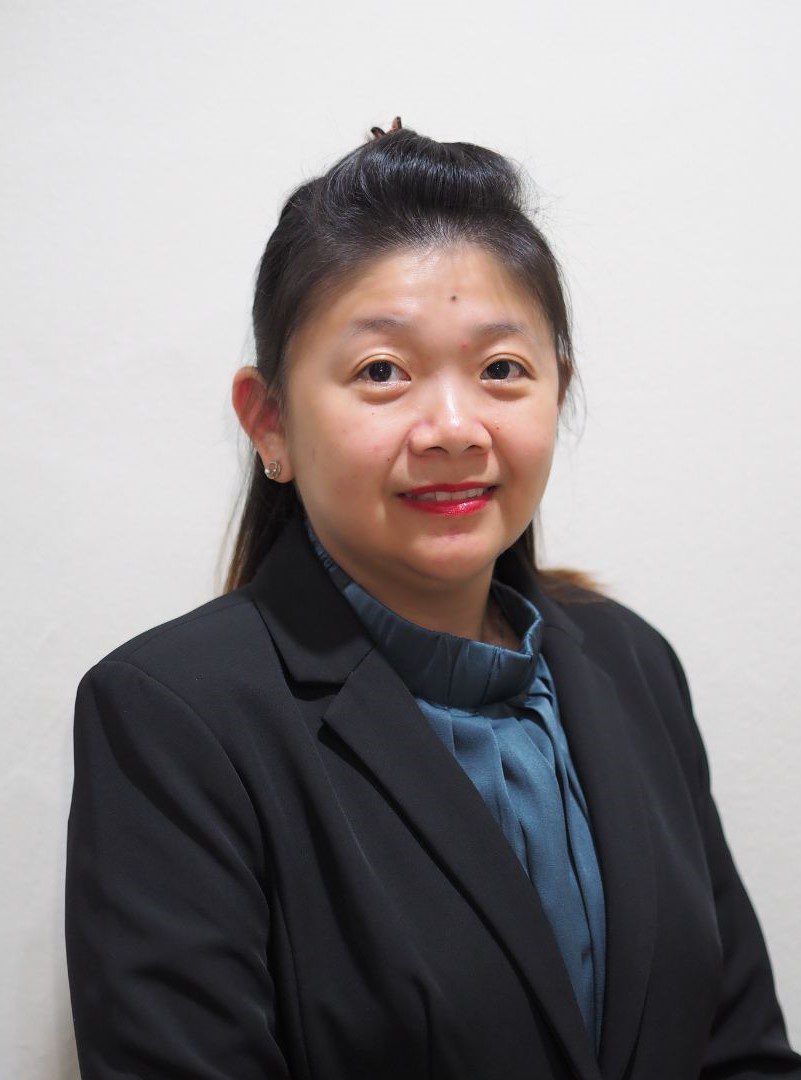
Ms. Chong Khai Lin is a Senior Lecturer in Environmental and Disaster Management at the School of Technology Management and Logistics (STML), Universiti Utara Malaysia. Khai Lin received her Doctoral Degree from Kyoto University in Civil and Earth Resources Engineering. Her research focuses on strengthening the science-policy-public interface and delivering scientific knowledge or technical information, specifically in water-related disasters. Khai Lin is also involved with programs that bring community resilience as the main agenda. She actively participates in the UNESCO-IHP Program, which focuses on promoting water-related programs on national and global agendas, such as Women and Water.

